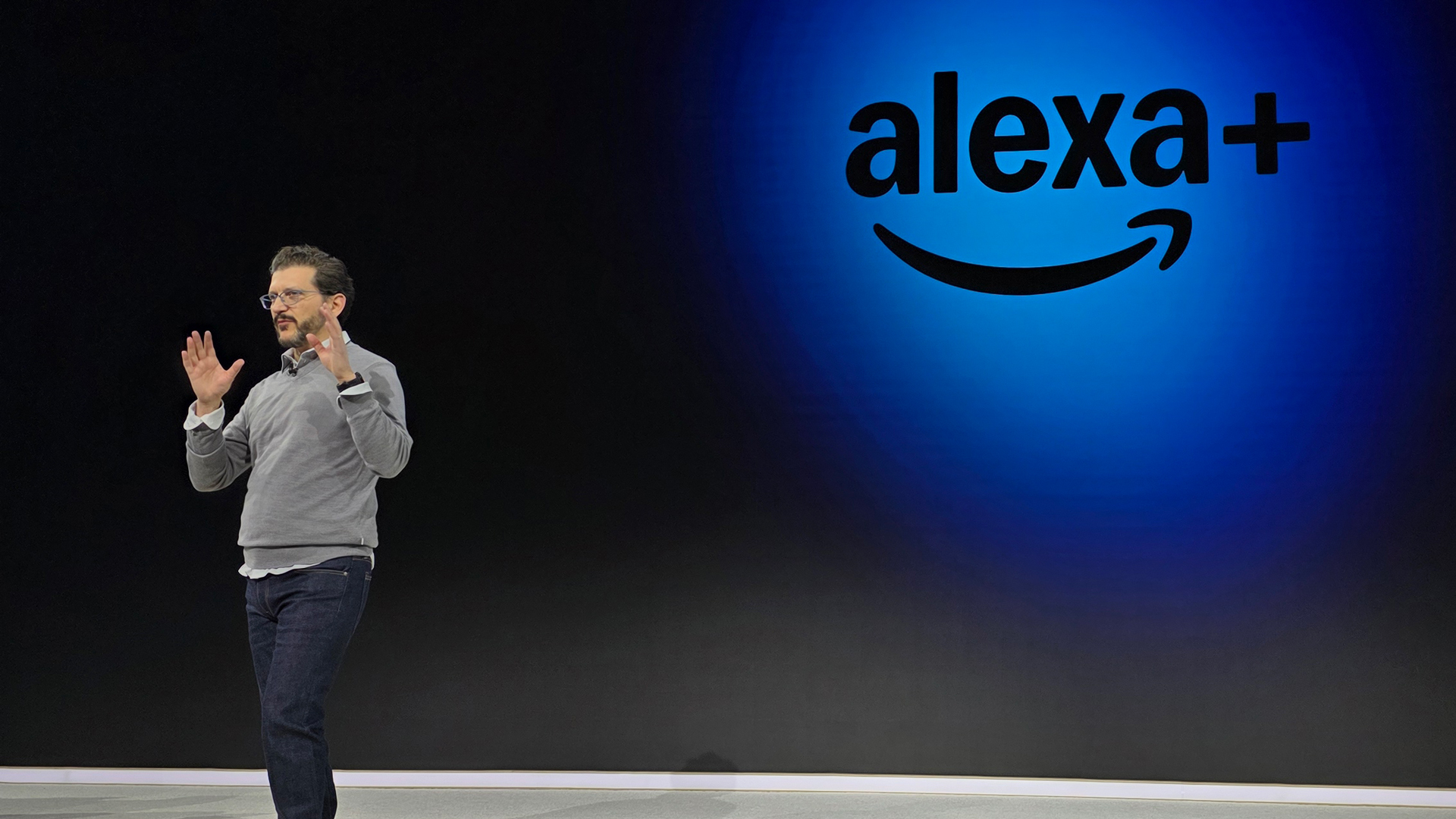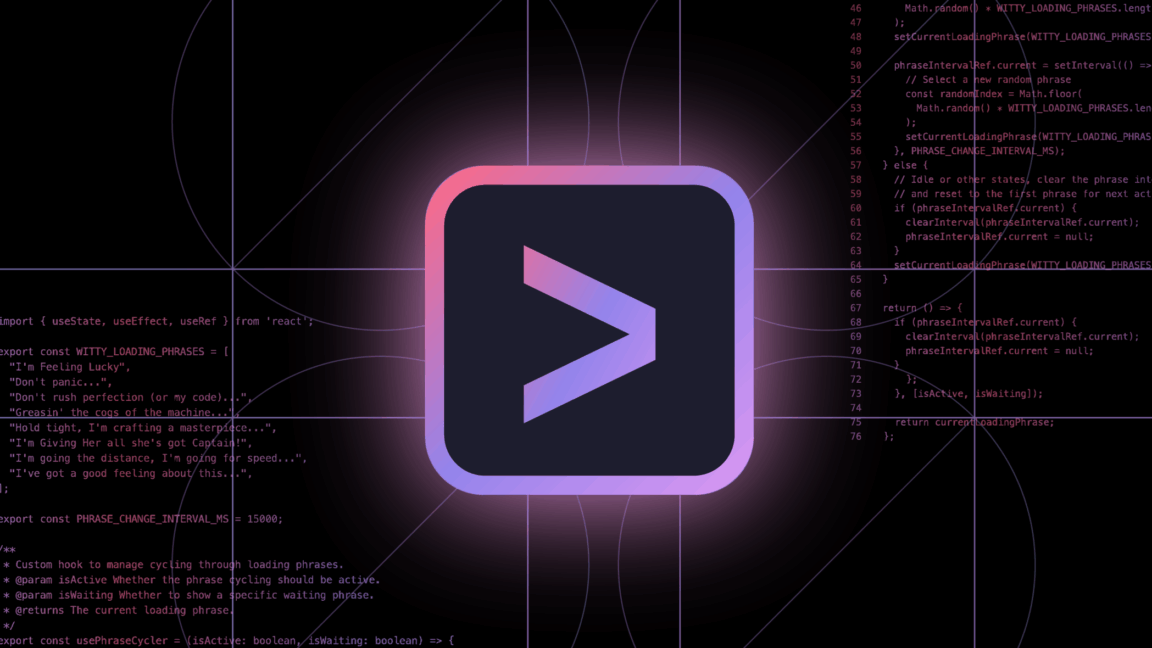Microsoft researchers Kiran Tomlinson, Sonia Jaffe, and colleagues have just released “Working with AI: Measuring the Occupational Implications of Generative AI” (arXiv 2507.07935). Using 200,000 anonymized Bing Copilot chats, the 41-page study builds an “AI applicability score” that links 1,016 work activities to more than 800 U.S. occupations. The headline takeaway is a stark divide: language-heavy knowledge jobs—interpreters, historians, ticket agents, writers—show the greatest overlap with what Copilot can already do, while hands-on, location-bound roles such as phlebotomists, roofers, and dishwashers remain largely untouched. The authors stress that this is a snapshot of current task overlap, not a forecast of inevitable layoffs, and that targeted up-skilling can mitigate the risk.
The ranking has lit up the tech press. Windows Central warned that AI now “threatens to eliminate 40 job roles,” arguing the list may become a board-room excuse for head-count reductions, while Inc. Magazine ran dueling “Top 40 doomed / Top 40 safe” tables and urged clerical and writing-centric workers to consider career pivots.
Tech outlet Futurism pushed the story under the wry headline “Time for Trade School,” noting the irony that manual labor appears safer than cushy desk work, and consumer sites such as Tom’s Guide asked readers to check whether their own roles land in the endangered column.
International business coverage has been more measured: The Economic Times emphasized that Microsoft’s own researchers frame Copilot as a complement, not a replacement, encouraging companies to see the list as a roadmap for targeted re-skilling rather than mass layoffs.
Conversation is raging on social media, too. A top-ranked Reddit thread in r/cybersecurity highlighted that security analysts never appear on the “at-risk” list, sparking debate over whether job complexity still shields certain roles, while LinkedIn influencers trade barbs over whether leaders should redistribute work or cut staff. Whatever your stance, the Microsoft paper has handed every side of the AI-and-jobs debate a fresh, data-backed talking point.












